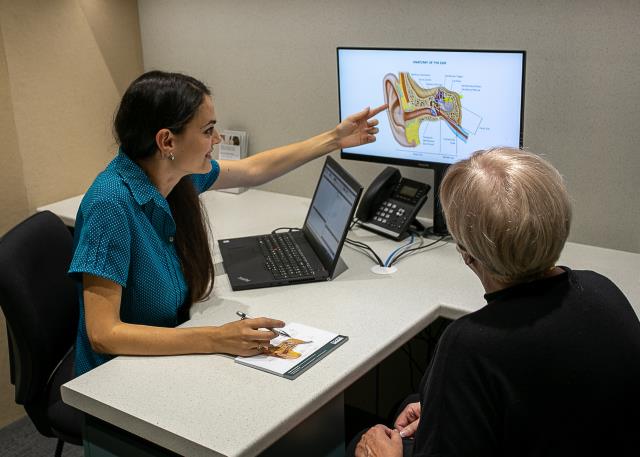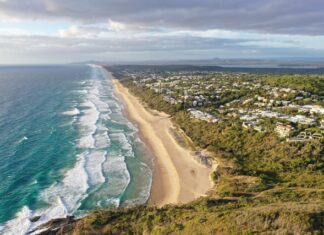Some 1.1 billion young people (aged 12-35 years) are at risk of permanent hearing loss from listening to music at loud volumes over prolonged periods of time, according to the World Health Organisation.
Hearing loss has potentially devastating consequences for mental health, education and employment.
“More and more young people are placing themselves at risk of irreversible damage to their hearing with daily use of personal audio devices,” says Deidre Breytenbach, Principal Audiologist at Noosa Hearing.
“Young adults should be made aware that once you lose your hearing, it won’t come back. Simple preventative actions such as turning the volume down, taking short listening breaks and restricting daily use of personal audio devices to less than one hour may help lessen the risk,“ Deidre says.
Safe listening depends on the intensity, or loudness of sound, and the duration and frequency of listening. Exposure to loud sounds can result in temporary hearing loss or tinnitus which is a ringing sensation in the ear. When the exposure is particularly loud, regular or prolonged, it can lead to permanent damage.
The focus this World Hearing Day, 3 March 2022, is on the importance of ‘safe listening’ as a means of maintaining good hearing health across your lifespan.
‘Safe Listening’ is not just for those working in noisy environments. It also applies to the child in your care. Starting early with prevention techniques can only lead to better, overall hearing health leading to the theme of this year’s day as ‘To hear for life, listen with care’.
This year’s theme will focus on the importance and means of hearing loss prevention through safe listening, with the following key messages from WHO:
– It is possible to have good hearing across the course of life through ear and hearing care.
– Many common causes of hearing loss can be prevented, including hearing loss caused by exposure to loud sounds.
– ‘Safe listening’ can mitigate the risk of hearing loss associated with recreational sound exposure.
Deidre, an Audiologist with over 10 years of experience, says everyone, at all ages should regularly have a hearing test. Ongoing monitoring means changes can be responded to quickly. An initial hearing assessment typically takes around an hour and is tailored to be enjoyable and engaging for young children, teens and adults alike. A comprehensive hearing assessment may be fully subsidised if you are a DVA or pension card holder (conditions apply under the Australian Government Hearing Services Program). Noosa Hearing also offers over the counter or custom-made hearing protection such as musician earplugs.
Noosa Hearing operates within the long-established Noosa Optical. For a personal approach to optimal hearing health, call Deidre at Noosa Hearing on 5231 8867.









